How do we achieve this?
We examine people’s lives – in the lab, in homes and online anywhere in the world: we make sure your product, pack, formulation and claims are firing. We create R&D pipelines and products that deliver – in detail.
We offer:
How do we achieve this?
We examine people’s lives – in the lab, in homes and online anywhere in the world: we make sure your product, pack, formulation and claims are firing. We create R&D pipelines and products that deliver – in detail.
We offer:
Product Testing UK Centre of Excellence
Work out of the best global, R&D testing facility. Based in Leeds, it’s the UK’s newest, most state of the art R&D facility, built to ISO standards and created in collaboration with global client technical teams.
Success stories…
Frequently asked questions
We hope you find these FAQs and short answers useful. If there is anything further that you would like to know, please get in touch via the contact form below.
Product development is the process of creating, designing, and bringing a new product to market. It involves a series of stages, including idea generation, research, design, prototyping, testing, and refinement. The goal is to develop a product that meets customer needs, is cost-effective to produce, and is competitive in the market. Throughout the process, various teams collaborate to turn a concept into a tangible product ready for sale.
Consumer product testing is the process of evaluating products to ensure they meet safety, quality, and performance standards before they are made available to the public. This typically involves testing for factors like durability, functionality, safety, and compliance with regulations to ensure that products are reliable and safe for consumers to use.
Concept testing in new product development is a process of evaluating and gathering feedback on a product or idea before it is fully developed and launched. It typically involves presenting the concept to a target audience to assess its viability, potential market acceptance, and any necessary refinements. This feedback helps businesses make informed decisions about whether to proceed with the product, make modifications, or abandon the idea altogether, ultimately reducing the risk of investing in unsuccessful products.
Quantitative market research is a methodical approach to collect and analyse data in a structured, numerical format. It involves gathering information through surveys, questionnaires, and other structured data collection methods, and then using statistical analysis to draw meaningful conclusions about consumer preferences and market trends. This research is valuable for making data-driven decisions, assessing market size, and understanding customer behaviours and attitudes quantitatively.

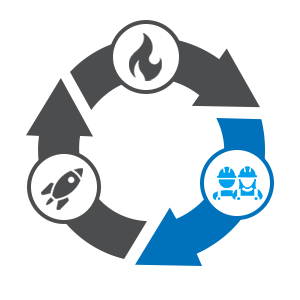



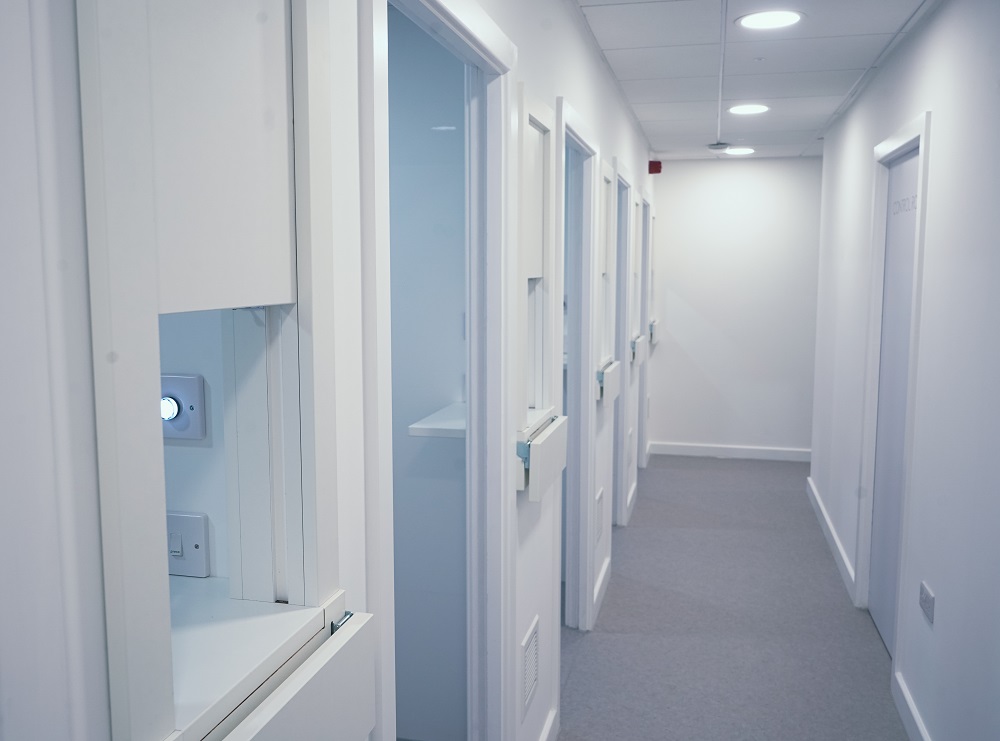

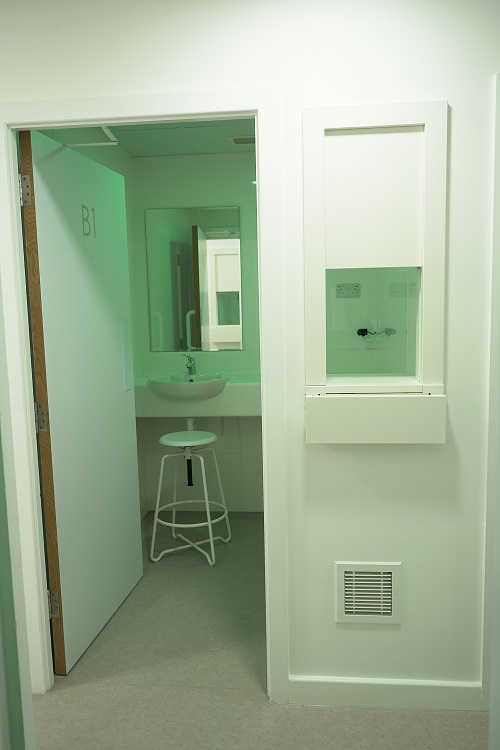
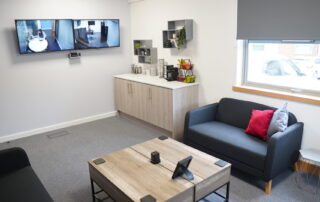

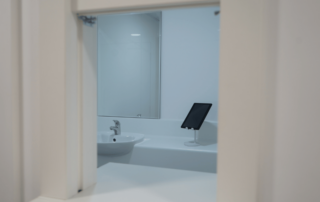
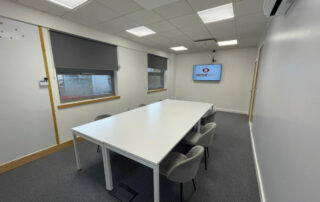





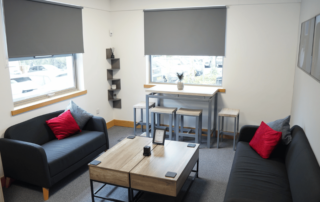

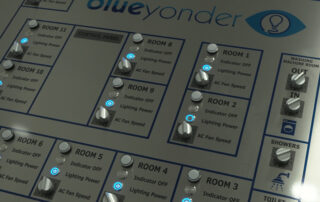






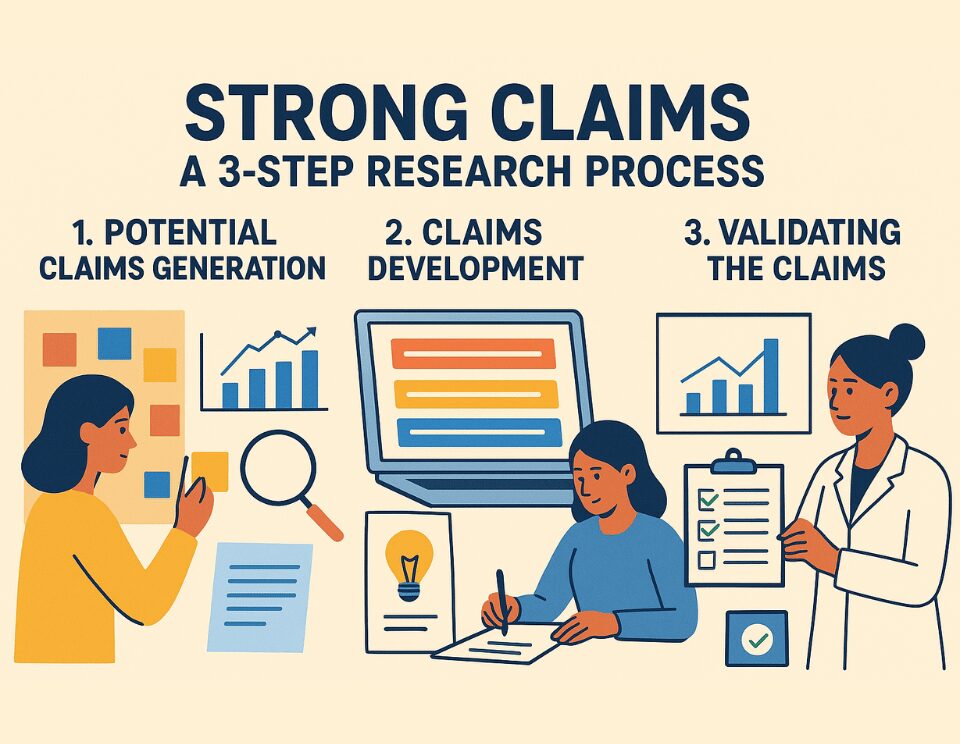

Stay In Touch